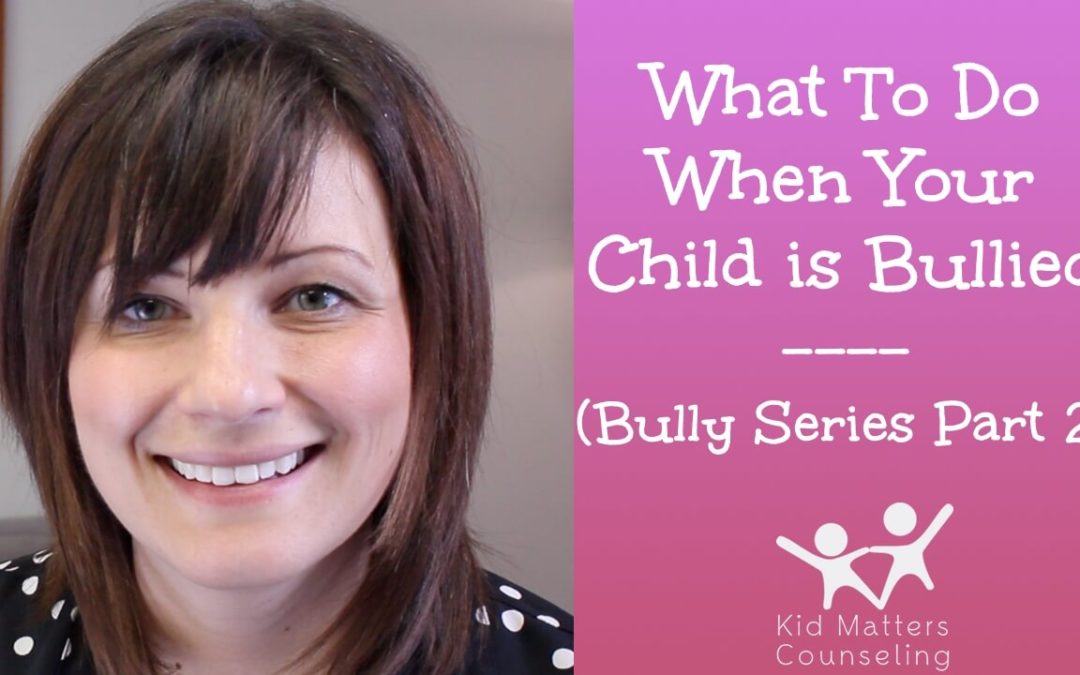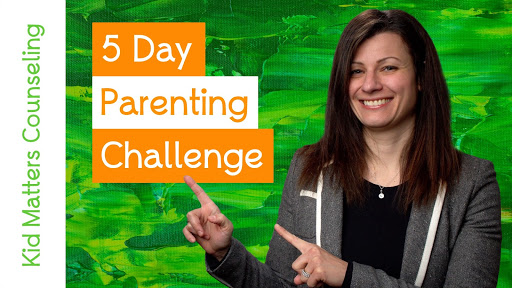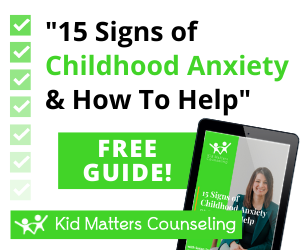Editors Note: this is part 2 of our 3 part bullying series
Any child being bullied is just plain awful. Life is hard enough with out bullies for kids so being targeted by a bully can feel life altering and scarring to a young child and their family.
Parents, you can’t eradicate bullies but you can impact outcomes when your child is bullied. In my experience how you, a parent, responds to your child who has been bullied is essential for their emotional health and is an important step in helping your child work through their experience.
Here Are 3 Critical Responses to Bullying
1. Empathy
Empathy is critical, it is sharing in your child’s feelings. This is shown best by Responding vs. Reacting. Here is an example:
Respond: “Ouch, what Johnny did to you sounds so hurtful”
vs.
React: “WHAT? Well what did you do first?”
2. Engaging
Engaging is joining with your child, entering into the problem at hand. This can look like telling your child how you feel about the situation as well as asking them how they feel. This is a natural follow up to empathizing. It could look something like the following:
“Ouch, what Johnny did to you sounds so hurtful. I feel kinda mad at him for doing that to you. I wonder how you feel?”
3. Problem Solving
Problem Solving is important for you and your child in a bullying situation so that you have a plan to deal with your feelings and to work towards changing the situation.
Creating a plan empowers you and your child to effect change and to push back against being victimized. Your plan can be simple or elaborate, but your involvement as a parent in this process is crucial.
Try saying:
“Hearing about what happened makes me so mad. Part of me wants to just go and hurt Johnny and get even, but I know that even if it may feel good in the moment, it won’t really solve the problem. What do you think we should do?”
At this point, come up with a number of different ways you and your child could potentially deal with the bullying. Empower your child through practicing what you came up with and support them every step of the way.
Sometimes kids who have been bullied need a little extra help to deal with the mental angst. Seeking out extra help depends on the individual child’s need and also the severity and/or length the bullying has been going on.
If your child is showing signs pointing to severe bullying such as excessive worrying, fear, depression, panic, or withdrawal, your response to problem solving should include seeking out mental health counseling or a support group for you and your child.
If your child has been or is being bullied use these 3 parenting strategies to impact the outcome with your child. Empathize, Engage and Problem Solve regularly with your child. Practice responding vs. reacting in order to raise kids who are able to integrate the emotional challenges of life.
And, don’t parent alone!

Susan Stutzman
Owner | Child Therapist | LCPC, RPT
Kid Matters Counseling has trained therapists ready to help both kids and parents walk through the tough moments in life.
End the frustration & the confusion and let's work together! SCHEDULE APPOINTMENTNew Clients Call: (855) 586-1802
Current Clients: (855) 543-7687
Ask Us Anything!
We help anxious kids and frustrated parents. We serve Hinsdale & the Western Suburbs of Chicago.
Made with ♥︎ in Hinsdale, Illinois for Chicago
Built By Brand Your Practice.
Kid Matters Counseling, P.C. DISCLAIMER: This website and blog are for informational, educational and general discussion purposes only. It is understood that no guarantee or warranty arises from the information provided, discussed or commented upon in this website and blog nor does it constitute legal or other professional advice on any subject matter. Access to this website and blog is voluntary and at the sole risk of the user. If you think that you have a medical emergency (including clinical), call your doctor or 911 immediately. A licensed medical professional should be consulted for diagnosis and treatment of any and all medical conditions. While the information contained within this website and blog is periodically updated, no guarantee is given that the information provided is correct, complete, and/or up-to-date. See our complete Privacy Policy and Terms of Service.



